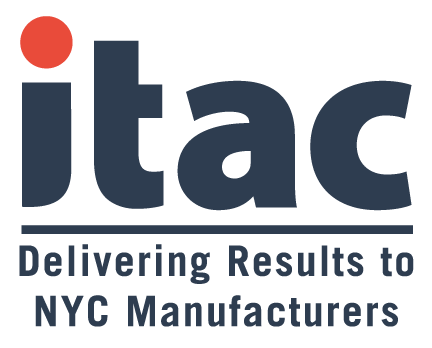Business Recovery is Happening – Latest Kabbage survey provides insights into how businesses are recovering from the year-long series of shutdowns.
The pandemic has undoubtedly changed the landscape of how companies interact with one another, with the workforce and with consumers. Now that a year has passed, a number of survey results will begin to surface showing how the pandemic has impacted a wide array of businesses.
Kabbage recently released a survey it conducted around business recovery progress. One key insight revealing 57% of small businesses are now fully open as pandemic shutdowns ease. It also has other interesting findings as it tracks recovery in several industries (manufacturing, restaurant, retail, construction, healthcare, etc.) key business performance metrics including headcount, total revenue, profit, online strategies, as well as future outlooks, across all-sized small businesses.
Kabbage co-founder Kathryn Petralia tells IndustryWeek, according to its Small Business Recovery Report, 49% of small businesses in professional and business services, including the manufacturing industry, say their businesses are now fully open as pandemic shutdowns ease.
How these operations are investing in digital technologies is somewhat surprising. “While the pandemic has forced businesses in other industries to up their digital operations, 48% of businesses in this category say their digital operations will stay the same as before the pandemic, which suggests the level of digital operations among these businesses is already sufficient,” says Petralia.
The reason for Petralia’s conclusion? Specifically, 52% of businesses in this category somewhat agree that they are more open than ever to adopt new technologies and are ready to replace old systems, a crucial move for many businesses, including manufacturers, to stay resilient in the future. “Over half of businesses in this category believe they would be prepared in the event of another pandemic,” she says.
The good news is manufacturers have learned to be nimble in the face of uncertain circumstances, explains Petralia. “The data suggests new technologies, such as automation among manufacturers to reduce costs and protect workers, are important moving forward,” she says.
“The pandemic presented manufacturers with unique supply chain disruptions. Data suggests these challenges may continue into the post-pandemic world. A recent survey by Gartner of more than 1,300 supply-chain professionals revealed that 87 percent of respondents plan to invest in supply-chain resiliency within the next two years. To be sure, small businesses are resilient and highly creative, and manufacturers will need to similarly adapt in order to meet clients’ needs or set expectations accordingly until our economy rebounds to a pre-pandemic state.”
This insight is from Industry Week. You can read the full article by clicking here.
Looking for other insights? Check out our News & Events page.






